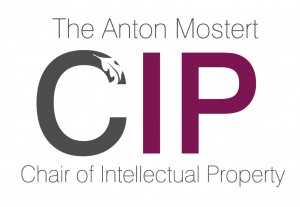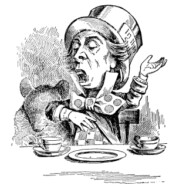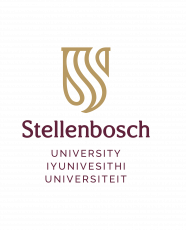IP Heirlooms – Testamentary Assignment of Digital Contents
Recent media reports raised several questions about the transfer of so-called digital “property” by means of a testamentary bequest. These digital works include e-books, songs, videos, movies, applications and other forms of intellectual expression recorded in digital format and distributed to end-users by means of web traders such as Kalahari, Amazon and Apple iTunes. According to these reports, individuals who sought to provide for the transfer of their personal collections of digital works after their death found that the law does not specifically provide for such transfer of...
Read MoreThe Mad Hatter in Wonderland
So, the Department of Trade and Industry (“DTI”) has finally gone ahead and done it. It has caused the Government to pass the Intellectual Property Laws Amendment Bill (the so-called “Traditional Knowledge Bill”) despite vociferous objections from all quarters. It has rushed headlong into terrain where no angel would venture through acute trepidation. It has entered Wonderland and assumed the role of the Mad Hatter. ”rushed headlong into terrain where no angel would venture through acute trepidation” The Vine Oracle (that is to be found in the vineyards of the Winelands)...
Read MoreTRADITIONAL KNOWLEDGE – Legislation in the NEW tradition
“Ex Africa semper aliquid novi”, which can be freely translated from Latin to mean “there is always something new coming out of Africa”, said Pliny, the ancient Roman writer and scholar. Presumably then, as is the case now, the concept of “new” included an expression of sarcasm and deprecation as in “absurd, nonsensical and ridiculous”. Well, Pliny has been proved right once again. The Government is on the threshold of passing legislation to grant protection of, and the facility to derive revenue from the use of, so-called “traditional knowledge” (TK) – i.e. folklore,...
Read More






